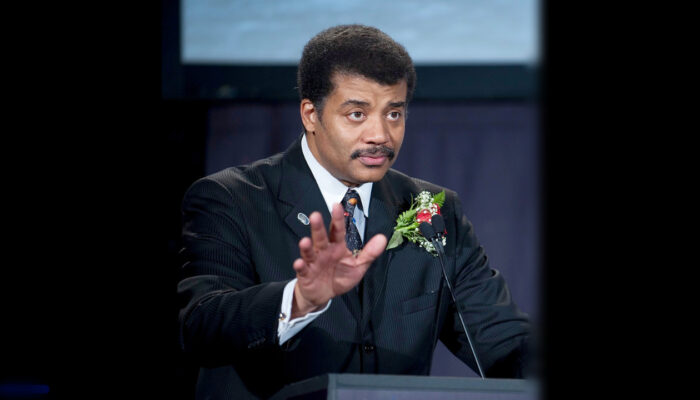
Mormonism and Jehovah’s Witnesses often get lumped together simply because they are both “those people who come to your door talking about God”. And although they do both lean heavily on proselytization efforts, they are still two distinct religious movements. They share some similarities,and they also have significant differences in their beliefs, practices, and history. Perhaps the most significant is that they are both relatively recent inventions in the world of religion, both being created during the 19th century. Let’s take a look at their similarities and differences:
Similarities:
- Christian Origins: Both Mormonism and Jehovah’s Witnesses claim to be Christian movements and believe in the Bible as a central religious text. However, they have unique interpretations of the Bible.
- Restorationist Beliefs: Both groups are considered part of the broader Christian Restorationist movement. They believe that Christianity had become corrupted over time and needed to be restored to its original form.
- Prophets and Revelation: Both groups have a belief in ongoing prophetic revelation. Mormons follow living prophets and believe in additional scripture like the Book of Mormon, while Jehovah’s Witnesses believe in the continuous revelation through the Watch Tower Society and their literature.
- Missionary Work: Both groups are known for their extensive missionary efforts to spread their faith. They send out missionaries to proselytize and convert people to their respective beliefs.
Differences:
- Founders and History:
- Mormonism: Founded in the early 19th century by Joseph Smith, who claimed to have been visited by God the Father and Jesus Christ, leading to the restoration of the true Christian church. The movement’s central scripture is the Book of Mormon.
- Jehovah’s Witnesses: Founded in the late 19th century by Charles Taze Russell. The modern Jehovah’s Witness movement is largely associated with the leadership of Joseph F. Rutherford. They believe in a unique interpretation of the Bible and have their own translation, the New World Translation of the Holy Scriptures.
- Beliefs about God:
- Mormonism: Mormons believe in a Godhead consisting of three separate divine beings – God the Father, Jesus Christ, and the Holy Ghost. They believe that humans can become gods in the afterlife.
- Jehovah’s Witnesses: Jehovah’s Witnesses are non-Trinitarian and believe that God is a single, unique, and personal entity, Jehovah. They do not believe in the traditional Christian concept of the Trinity.
- Views on the Afterlife:
- Mormonism: Mormons believe in a complex afterlife with multiple levels of heaven and the potential for eternal progression. They believe in the possibility of becoming gods and having eternal families.
- Jehovah’s Witnesses: Jehovah’s Witnesses believe in a two-tiered afterlife. Only 144,000 chosen ones will go to heaven to rule with Christ, while the rest of the faithful will live on a paradise Earth after Armageddon.
- Blood Transfusions:
- Mormonism: Mormon doctrine does not prohibit blood transfusions, and members are generally encouraged to make their own medical decisions.
- Jehovah’s Witnesses: Jehovah’s Witnesses are known for refusing blood transfusions based on their interpretation of biblical passages. They believe that the Bible prohibits the consumption of blood.
- Holidays and Celebrations:
- Mormonism: Mormons celebrate Christian holidays like Christmas and Easter, along with some unique religious holidays like Pioneer Day. They don’t typically celebrate birthdays.
- Jehovah’s Witnesses: Jehovah’s Witnesses do not celebrate birthdays or holidays like Christmas and Easter, which they see as having pagan origins.
Both groups have evolved and diversified over time, leading to variations in beliefs and practices among their members. Even though both of these relatively new religions are offshoots of Christianity, they now even have addition branches of their own beliefs.
Naturally, each one is convinced that their beliefs are true and correct.


